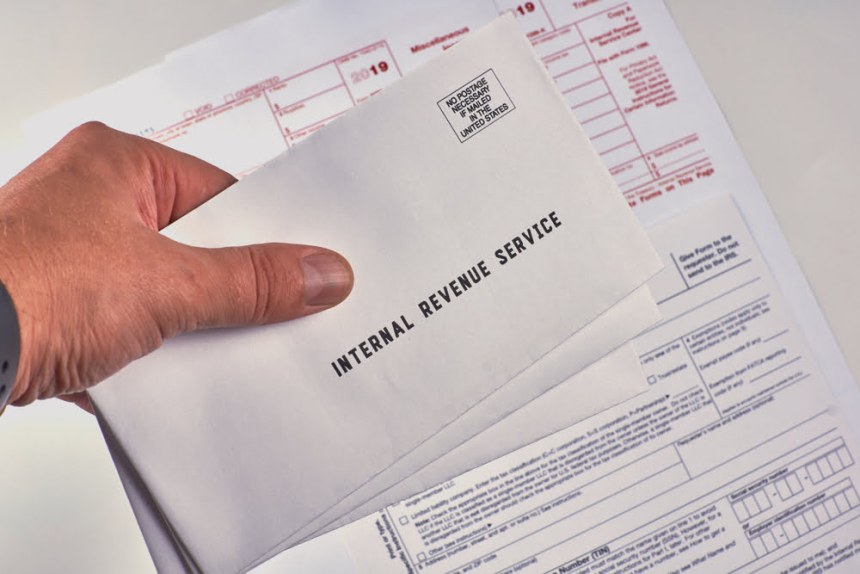Reason to trust

How Our News is Made
Strict editorial policy that focuses on accuracy, relevance, and impartiality
Ad discliamer
Morbi pretium leo et nisl aliquam mollis. Quisque arcu lorem, ultricies quis pellentesque nec, ullamcorper eu odio.
Crypto investors across the United States began receiving their 1099K tax documents from cryptocurrency exchange Coinbase Pro this week.
But what does the form actually mean for crypto investors, and what actions need to be taken, if any?
Clarifying the 1099K Tax Form From Coinbase Pro For Crypto Investors
It’s tax season once again in the United States, and that means its time to take out our calculators, load up the tax software, or pay a visit to a certified public accountant to make sure all income, gains, and losses are properly reported to the Internal Revenue Service.
Failure to report properly can lead to fines or jail time.
And for the first time in history, the IRS has added a question directly asking if the taxpayer has at all transacted in cryptocurrencies like Bitcoin and Ethereum.
This is why crypto investors are especially anxious after receiving their 1099K tax form from Coinbase Pro.
Related Reading | Wealth and Tax Advisor Says IRS May Be Targeting Crypto Traders, Not Investors
However, there’s no cause for concern. The 1099K is a standard tax document that tells the taxpayer what information needs to be provided to the IRS.
Each 1099K tax form indicates the total amount transacted on the platform and does not indicate total gains or losses.
To find that number, trade-by-trade accounting must be performed and tabulated to find the total sum of all gains and losses.
Using a third-party service like Bitcoin.tax makes things a lot easier to find these important figures, as Coinbase’s API can connect with the service to automate the accounting process.
Crypto investors with only a limited amount of trades in a year simply need to find the total sum of all gains or losses. Taxes are only paid on any gains, not the full amount of the crypto held.
Tax is also paid at a different rate, depending on how long the assets are held. Assets held over a year or more are subject to long-term capital gains tax, while assets bought and sold within a year are subject to short term capital gains rates.
Those with an extensive number of cryptocurrency trades may need to report their earnings as income, according to some interpretations of tax laws.
Related Reading | If This Is You, You May Not Need to Report Crypto Tax Gains to the IRS
The most important thing is to be sure to report something if crypto-assets were held during the year. The IRS may be applying pressure to crypto traders and investors, however, according to experts, they’re mainly looking for taxpayers to self-report, and will be lenient if any reporting is done incorrectly.
Cryptocurrency related tax laws are confusing, and given the gravity of the situation, consulting with a certified public accountant or using tax software like Bitcoin.tax is recommended to help take some of the fear, uncertainty, and doubt out of tax season.


























